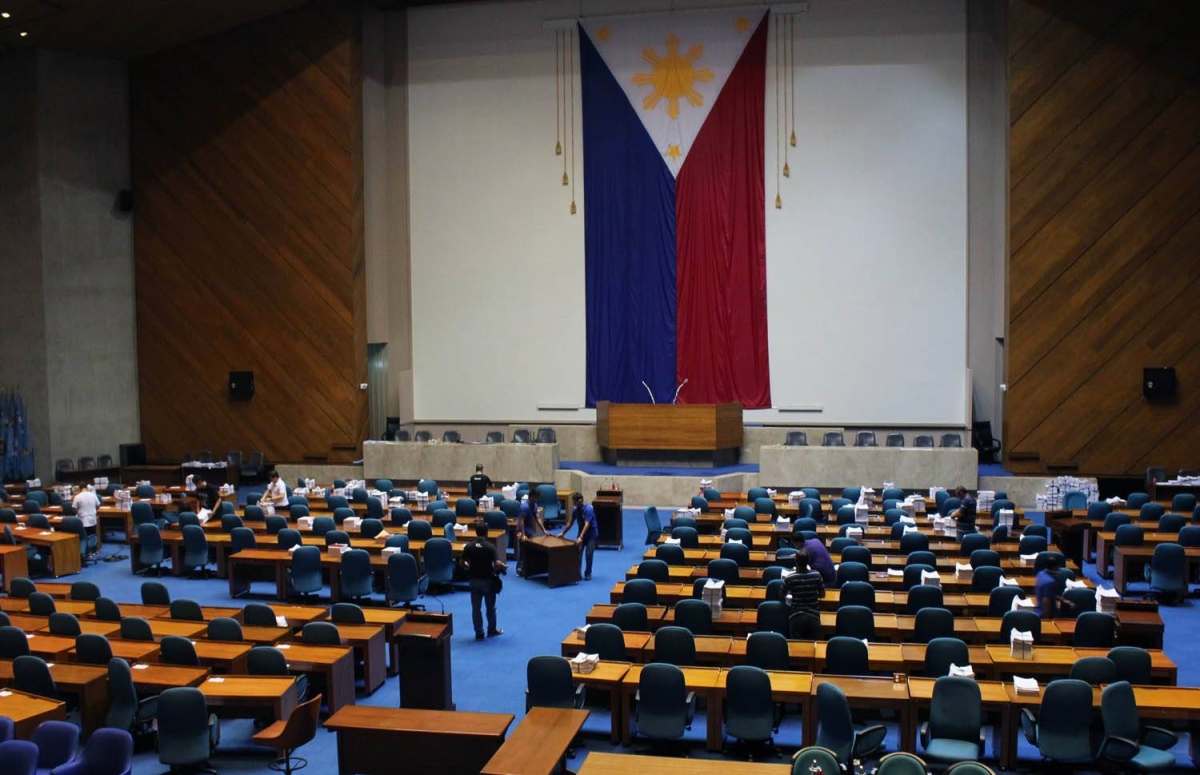MANILA, Philippines: The Liberal Party (LP) of the Philippines has raised questions regarding the government’s plans to amend the 1987 Constitution, expressing concerns about the potential costs to the people. In a statement released on Tuesday, the LP emphasized that such amendments would divert resources that could otherwise be utilized to address pressing issues such as rising commodity prices, the education crisis, and new environmental and health threats.
The LP further highlighted the need to evaluate whether the Constitution is to blame for the lack of investor interest in the country. They posed the question of whether the nation’s infrastructure, manpower, and institutions are adequately prepared for the changes that would come with opening up foreign ownership of businesses.
Additionally, the LP questioned the scope of the proposed amendments, emphasizing that the focus should not solely be on economic provisions. They cautioned against using the amendment process, also known as “cha-cha,” as an opportunity to increase the country’s bureaucracy.
“When the amendment to the Constitution is opened, nothing prohibits the change in other provisions, which also includes those on term limits and the prohibition of political dynasties,” the LP wrote. They expressed concerns about the potential burden that any additional offices, officials, positions, or expenses would place on the Filipino people, particularly given the country’s current budget deficit and debt-financing situation resulting from the Duterte administration’s reckless borrowing.
The LP emphasized the need for stronger and more reliable government institutions, urging the government to prioritize saving money and curbing corruption before considering any changes to the Constitution.
Amending the Constitution is a significant undertaking that requires careful consideration. While the government may have its reasons for proposing these amendments, it is crucial to assess the potential impact on the Filipino people and the nation as a whole.
The concerns raised by the Liberal Party regarding the allocation of resources are valid. It is essential to address the pressing issues faced by the country, such as the rising cost of commodities and the education crisis. These challenges require immediate attention and should not be overshadowed by constitutional amendments.
The LP’s question about the Constitution’s role in attracting investors is worth pondering. Opening up foreign ownership of businesses can be a double-edged sword. While it may attract investment, it is crucial to ensure that the country’s infrastructure, manpower, and institutions are ready to handle the changes that come with foreign ownership.
Furthermore, the LP’s concerns about the potential expansion of the bureaucracy through constitutional amendments are valid. Any additional offices, officials, positions, or expenses would place an additional burden on the Filipino people, especially given the current budget deficit and debt-financing situation.
Before embarking on constitutional amendments, it is imperative to strengthen and enhance government institutions. This includes implementing measures to save money and curb corruption. By prioritizing these aspects, the government can ensure a more efficient and transparent system that benefits the Filipino people.
While amending the Constitution may be necessary in certain circumstances, it is crucial to approach it with caution. The focus should be on addressing the immediate needs of the country and fostering a strong and reliable government before considering any changes to the Constitution.
The concerns voiced by the Liberal Party shed light on the potential implications of constitutional amendments. It is essential for the government to take these concerns into account and engage in a transparent and inclusive process that considers the best interests of the Filipino people.







